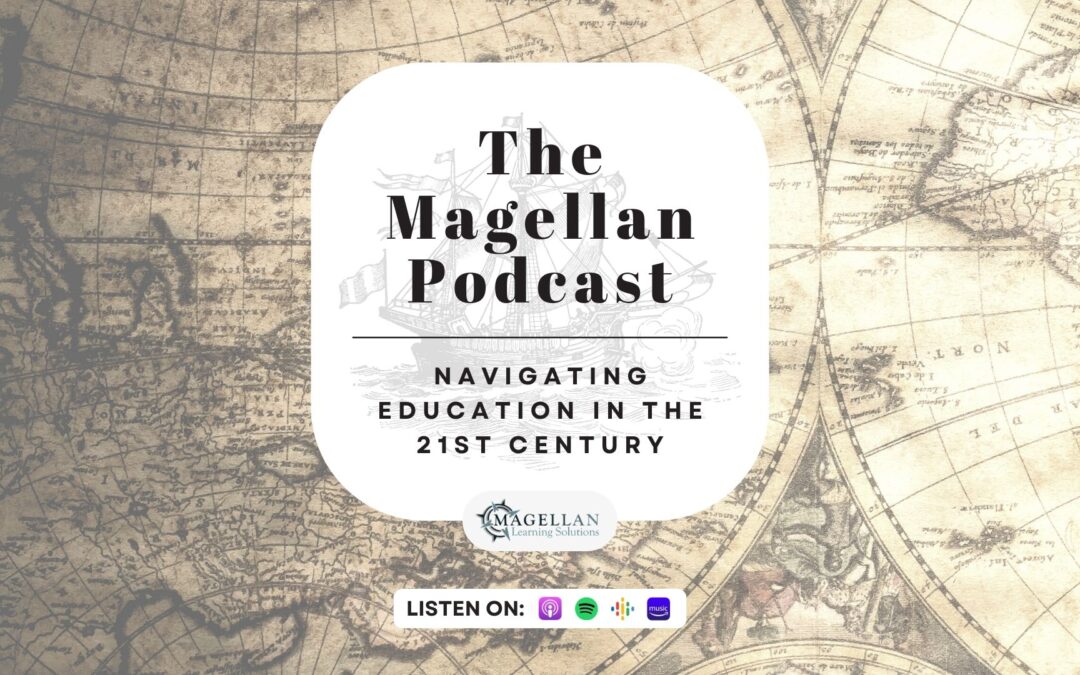Language about the “institution” of higher education is unavoidable—so much so that individual campuses refer to themselves as such. But what does this mean? What’s at stake in a campus thinking of itself in these terms?
This is part 4 of a 5-part series on “How to Talk About Higher Education.” Part 1-3 covered Higher Ed as an “ecosystem,” “culture,” and “machine.” In the next and last episode, we will discuss Higher Education as a marketplace.
Listen on Apple Podcasts: https://apple.co/3weshMe
Listen on Spotify: https://spoti.fi/3SYthwT
- Read the White Paper on this topic by Dr. Emily W. Heady, ”Talking about Leadership: How the Words We Use Shape Our Workplace.”
- Listen to our podcast on Online Learning Ecosystems
- Listen to Part 1: How to Talk About Higher Education
- Listen to Part 2: Higher Education as a Culture
- Listen to Part 3: Higher Education as a Machine
Podcast Topics, Questions, and Show Notes:
1. What are the implications of higher education being an “institution”?
- It’s one of society’s ways of reproducing its own values—institutions teach rules and help us all to follow them. They’re a key way we understand what’s right and wrong, acceptable and not.
2. Is higher ed in step or out of step with other social institutions, such as the government, churches, etc.?
3. What does a leader in an institutional culture need to do?
- Realize that they’re always imprinting somehow—sharing ideas, transmitting beliefs, making statements about what’s going to fly and what isn’t.
- They also need to move away from things like canceling, shaming, etc., as institutional culture is always based to some extent on fear of being outside the norm.
- Be careful with rewards and penalties; institutions work by rewarding compliance and punishing non-compliance.
If you or your school is looking for help with RSI, curriculum or course development, operational services, training, or professional development, think Magellan; our team would love to help. Reach out to us at thinkmagellan.com. Thank you for joining us on the Magellan Podcast: Navigating Education in the 21st Century.
Recommended Articles and Books on this Topic:
- Bowles, K. (2022, March 28). A pocket primer: Types of higher education institutions. Inside Higher Ed. https://www.insidehighered.com/blogs/just-explain-it-me/pocket-primer-types-higher-education-institutions Petriglieri, G. (2023, April 24). Driving organizational change—Without abandoning tradition. Harvard Business Review. https://hbr.org/2023/04/driving-organizational-change-without-abandoning-tradition?utm_campaign=hbr&utm_medium=social&utm_source=twitter
- Rosowsky, D. & Hallman, K. (2020, May 25). Communicating culture in a distributed world. Inside Higher Ed. https://www.insidehighered.com/views/2020/05/26/importance-culture-binding-higher-ed-institution-together-during-crises-pandemic
- Rutter, M. & Mintz, S. (2019, January 17). Creating a more collaborative higher education ecosystem. Inside Higher Ed. https://www.insidehighered.com/blogs/higher-ed-gamma/creating-more-collaborative-higher-education-ecosystem
- Schein, E., & Schein, P. (2016). Organization culture and leadership. 5th Ed. Wiley.
- Senge, P. (1990). The fifth discipline: The art and practice of the learning organization. Doubleday.

